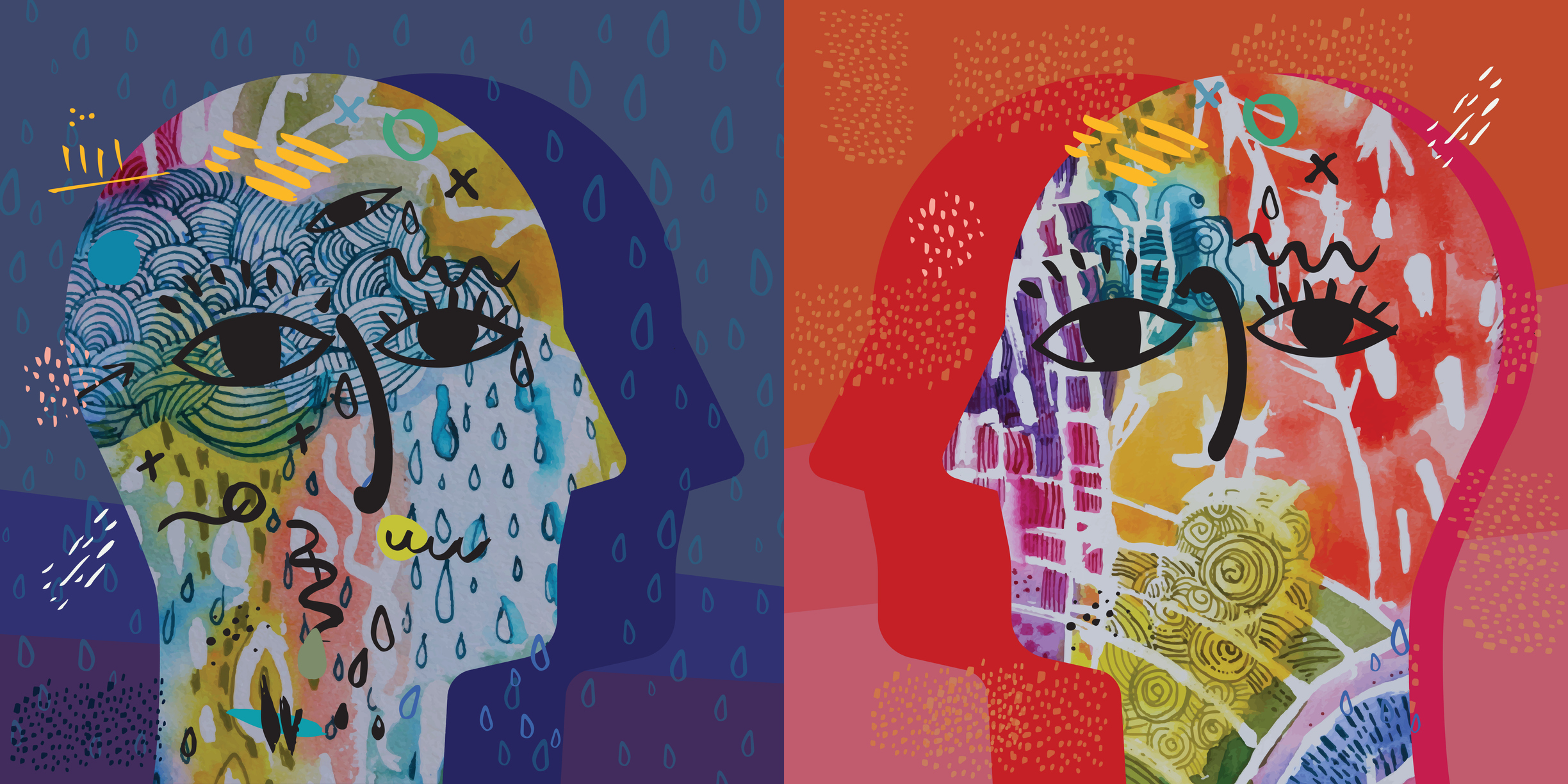
Health & Medicine
(Don’t) always look on the bright side of life

Social psychologist Brock Bastian explains how life’s painful and difficult experiences play a very important role in producing happiness
Published 12 May 2021
“Happiness itself isn’t overrated. I think happiness is great and I like being happy as much as possible, but sometimes what we don’t realise is the psychology behind it,” says Brock Bastian, Professor in the School of Psychological Sciences at the University of Melbourne.
“We know from psychology that the human mind often works in fairly ironic ways, so when you’ve focused on something too much, or try not to experience something, it actually produces the opposite. A good example is pink elephants, where you ask people not to think about pink elephants... (but then) they tend to think about them more,” he says.

Health & Medicine
(Don’t) always look on the bright side of life
Professor Bastian explains that many of us have a mistaken idea that we can continually build happiness and become, ever happier.
“No matter what we do in life, we do tend to come back to somewhat of a resting baseline around happiness and this can be slightly different for different people. If you go and rent yourself a room in a five-star hotel it’s going to make you incredibly happy for a little while, ultimately you’ll eventually get used to it though and probably that initial happiness you experienced won’t continue.
“I think it’s fair to say that it’s very hard to really experience any happiness in life if we don’t also have its opposite. That means sometimes leaning into, I suppose fearlessly in some way, those experiences which can seem difficult, challenging, hard, even painful. It’s actually through that process that we achieve happiness.
Professor Bastian says two examples that provide people with a sense of achievement, satisfaction and happiness – meaningful happiness – are running a marathon and graduating from a course
“So I guess I would just simply say don’t focus on happiness as a goal in and of itself, it won’t work,” he says.
“Focus on other things that you think are actually going to make a difference and that are going to contribute to the world and to your own life in meaningful ways. Then you’ll probably find along the way that you’ll notice one day that you wake up and think I’m actually a little bit happier than I was.”
Episode recorded: April 22, 2021.
Interviewer: Dr Andi Horvath.
Producer, audio engineer and editor: Chris Hatzis.
Co-producers: Silvi Vann-Wall and Dr Andi Horvath.
Banner: Getty Images